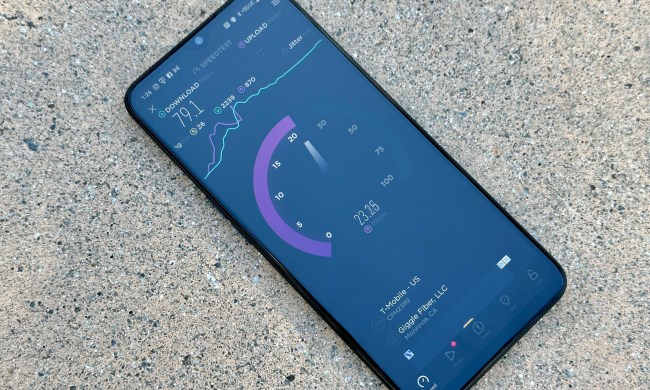
The carrier will begin field testing its 5G technology in the next few months, Ray said, but it’ll be a few years before T-Mobile subscribers can take advantage of 5G. The company doesn’t expect to deploy service before 2020.
T-Mobile’s commitment to 5G comes on the heels of similar statements from AT&T and Verizon executives. In September of last year, Verizon chief information and technology architect Roger Gurnani said the carrier would begin field trials of
5G promises impressive improvements over 4G LTE. Verizon says its next-gen tech is 30 to 50 times faster than its current network, speedy enough to download an 25 GB Blu-ray movie in three minutes, and AT&T says the new standard has the potential to reduce latency — the amount of delay that precedes downloads — to as little as a millisecond.
Field tests in other countries have been promising. Japanese carrier NTT DoCoMo, in partnership with Chinese phone maker Huawei, reached a peak download speed of more than 3Gbps during 5G trials earlier this year. And in 2014, Samsung researchers in South Korea managed
The International Telecommunications Union has set the date for commercialization of 5G for 2020, but regulatory roadblocks could prolong adoption. The 3GPP, the international body that establishes network standards, is in the process of hammering out the details of


